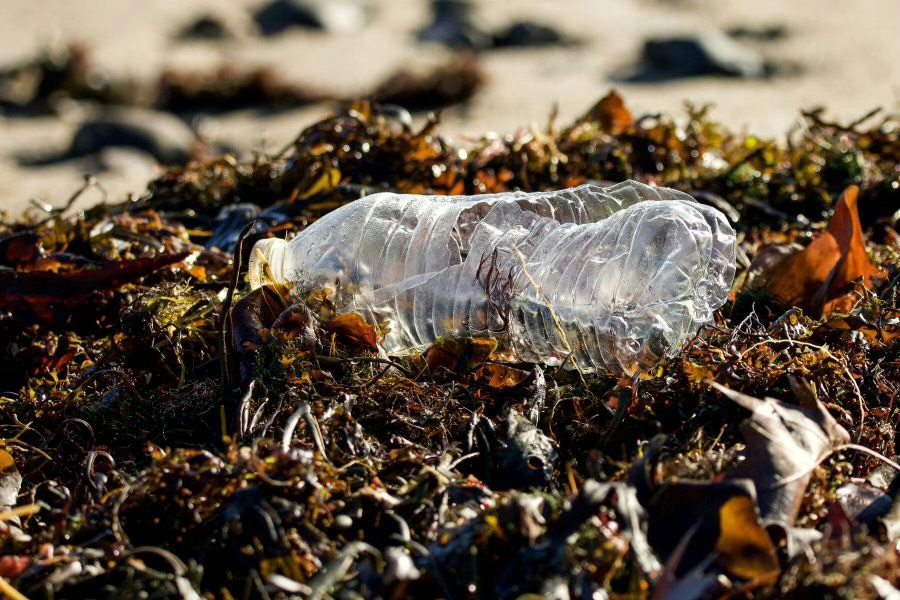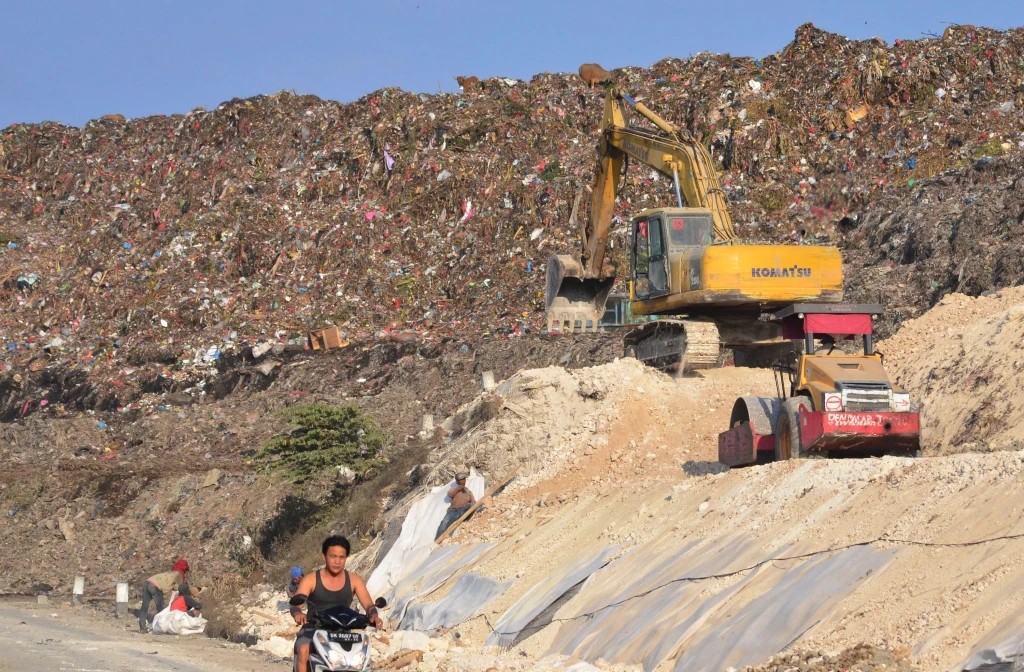The familiar and convenient 0.5-liter water bottles are now officially banned. Starting May 30, 2025, hoteliers, restaurateurs, and workers in other tourist facilities are prohibited from using plastic containers smaller than 1 liter. Business owners must urgently switch to liter bottles if they want to offer guests drinks in personal packaging, or switch to glass.

The order for this rule to take effect immediately was delivered personally by Bali Governor Wayan Koster during a meeting in Denpasar. This is not just a recommendation, but an official requirement, recorded in Circular No. 9 of 2025 "Clean Bali Without Waste." The ban on using plastic bottles smaller than 1 liter applies not only to hotels and restaurants but also to offices, traditional villages, educational institutions, markets, and places of worship.
The circular was issued over a month ago, and it was already clear then that small plastic bottles would need a replacement, giving tourism businesses time to prepare. However, for manufacturers of these now-banned containers, the transition is more challenging, as tons of such products roll off their conveyor belts regularly. The governor of Bali has given them a bit more time.
Wayan Koster met separately with bottled water manufacturers a day earlier. The meeting also took place in Denpasar, with representatives from all major companies attending, including AQUA, Cleo, Club, Balis, Yeh Buleleng, Ecoqua, Spring, Sosro, and Coca-Cola.
The governor demanded an immediate halt to the production of plastic bottles smaller than one liter, clarifying:
"Only what's already produced can be sold. The deadline is December 2025. Starting in January 2026, such bottles will completely disappear from the market."
He also reminded that the island's landfills are overflowing, with one of the main reasons being small plastic water bottles.
"If we don't solve the waste problem, tourists will simply stop coming to Bali. Nature and culture are our greatest wealth. If they suffer, no one will come here. And without tourism, there will be no economy," Koster explained.
The ban is part of a larger "Bali Without Plastic" project, which has already gained support from the Ministry of Environment and the Ministry of Home Affairs of Indonesia.
The authorities are urging businesses not only to comply with the ban but also to seek alternatives: inventing eco-friendly packaging, developing water refilling stations, and recycling waste.
Environmental organizations such as Sungai Watch support the ban and emphasize its importance for preserving Bali's environment. However, representatives of the Indonesian Association of Soft Drink Manufacturers consider this decision dangerous for the industry. Fearing the negative impact of this ban, they urge authorities to continue dialogue and search for other solutions, but for now, the governor remains steadfast.
"My task is to hand over a clean and viable island to the next generation," Koster concluded.
Violators of the ban face license revocation and suspension of funding, especially in the case of traditional villages.
Sources: Kompas, CNN Indonesia.


You can add one right now!